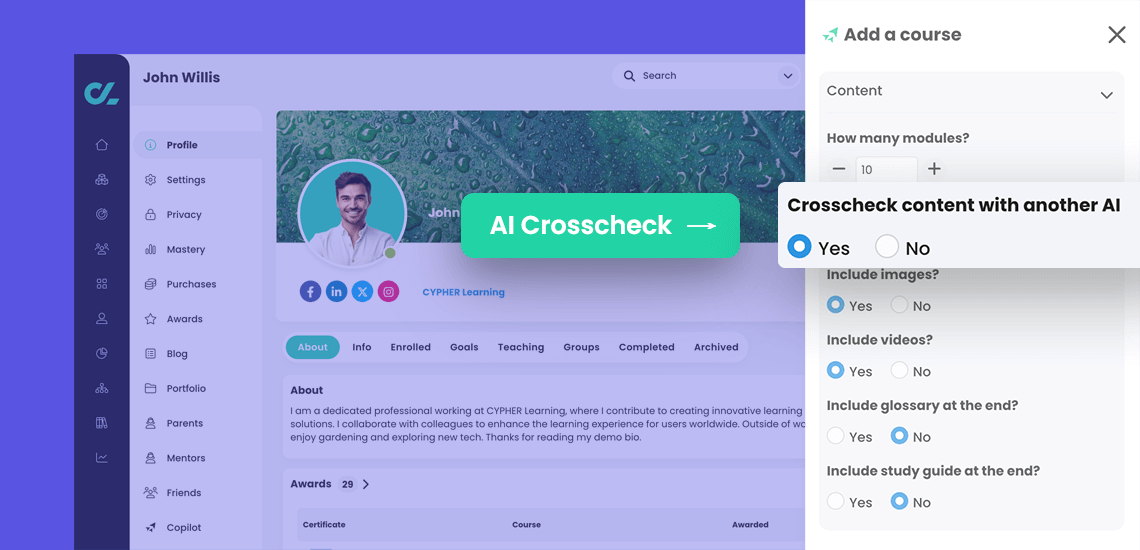Australian science magazine slammed over AI-generated articles
One of Australia's leading science magazines faced criticism after it published AI-generated articles that were deemed inaccurate or overly simplified. The magazine in question, Cosmos, which is published by Australia's state-backed national science agency, utilized Open AI's GPT-4 to generate six articles in the previous month.
The Science Journalists Association of Australia raised concerns about the use of artificial intelligence in the articles. The association's president, Jackson Ryan, highlighted issues with the accuracy of the content. For example, in an article titled 'What happens to our bodies after death?', the AI-generated text provided misleading information about scientific processes, such as the timing of rigor mortis setting in after death.
![]()
Ryan emphasized that such inaccuracies could erode the trust and credibility of the publication among its readers. Despite claims that the AI content was fact-checked by a science communicator and the Cosmos publishing team, concerns about the accuracy and quality of the articles persisted.
Controversy Surrounding AI Implementation
In addition to the content concerns, criticism was also directed at the magazine for utilizing a journalism grant to enhance its AI capabilities. Some former editors, including Gail MacCallum and Ian Connellan, expressed discomfort and disapproval of AI's role in content creation. MacCallum, while supportive of AI exploration, admitted that having AI generate articles was beyond her comfort level.

The evolving landscape of AI in journalism has sparked debates and legal battles. Recently, The New York Times filed a lawsuit against OpenAI and Microsoft, alleging unauthorized use of millions of articles to train their AI models. This case reflects a broader trend of publishers and tech companies grappling with ethical and legal implications of AI content generation.
As the debate on AI ethics and accountability continues, the impact of AI-generated content on journalistic standards and practices remains a topic of concern and scrutiny.




















